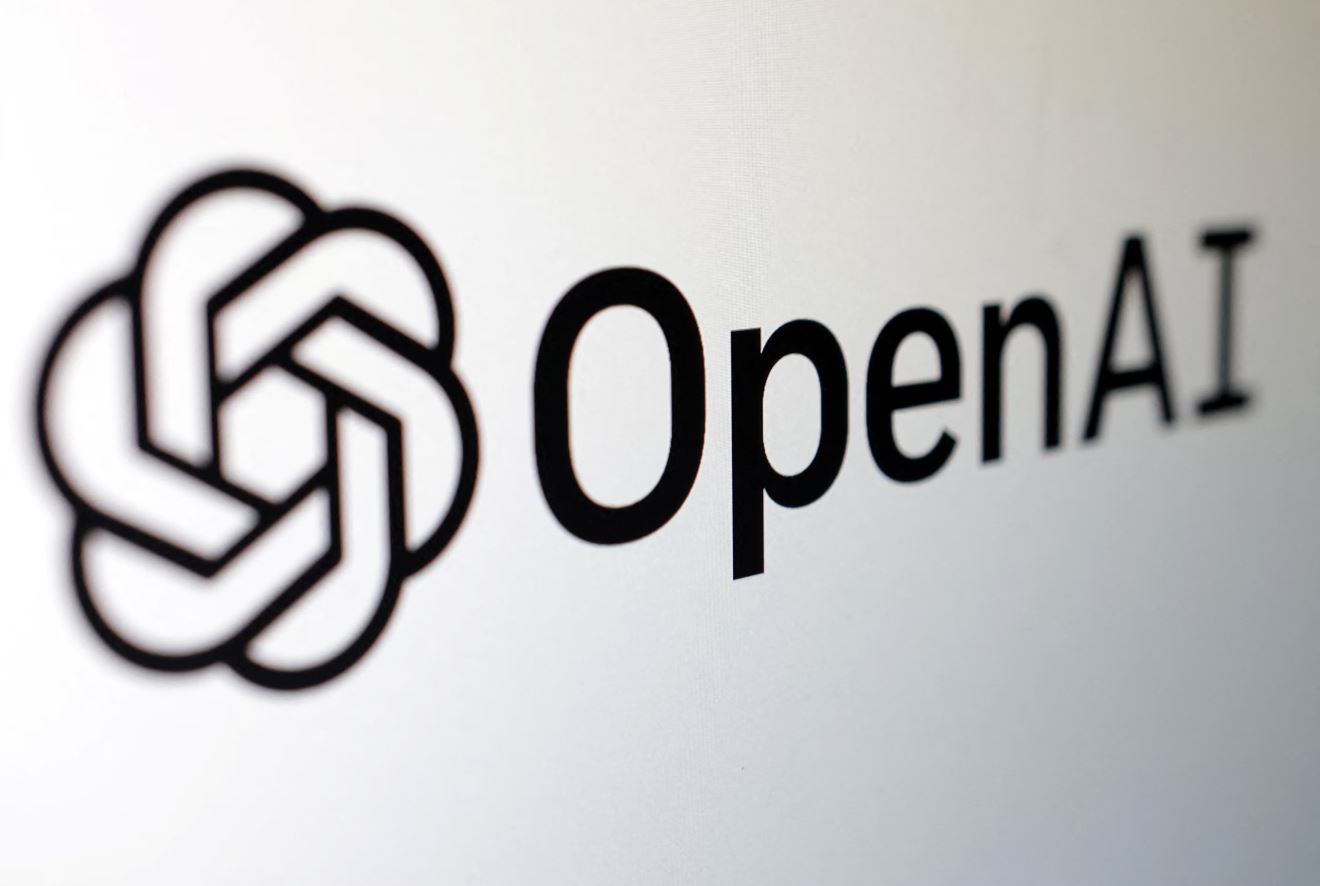 OpenAI is shaking up the AI scene. The company just rolled out GPT-5, its latest update to a suite of advanced models, and is now opening the doors to its technology. After years of keeping its work behind closed doors, this move comes as Chinese innovators, like those at DeepSeek, push open-source models to the fore.
OpenAI is shaking up the AI scene. The company just rolled out GPT-5, its latest update to a suite of advanced models, and is now opening the doors to its technology. After years of keeping its work behind closed doors, this move comes as Chinese innovators, like those at DeepSeek, push open-source models to the fore.
Traditionally, OpenAI charged for access to its proprietary models while keeping much of its inner workings under wraps. However, the rapid progress made by Chinese firms has clearly hit home. Start-ups such as DeepSeek have made their technology publicly accessible, sparking a surge of development among global coders. In response, tech giants like Baidu, Alibaba, and Tencent are embracing open-source frameworks, which not only accelerate innovation but also drive users to explore and experiment without barriers. For instance, Alibaba’s open-source Qwen models help boost the use of their cloud services, proving that the shift isn’t just about philosophy—it also makes sound business sense.
China’s commitment is further underlined by its backing for technologies like RISC-V, an open-source chip architecture. This initiative is part of a broader effort to reduce reliance on U.S.-controlled semiconductor supply chains, especially since the U.S. tightened chip controls in 2022. It’s a practical strategy, one that acknowledges how open access to technology can level the playing field in innovation.
The global AI landscape is clearly evolving. While U.S. firms have managed a quick rebound from early setbacks, the shift to open-source suggests a long-term trend. OpenAI’s CEO, Sam Altman, even hinted that the traditional closed-model approach might have been a misstep. With this turnaround, the company could well be positioning itself to benefit from a more collaborative and dynamic ecosystem.
Ultimately, this move not only redefines how we think about AI development but also highlights the broader geopolitical swing in the tech arena. As nations lean into open-source to drive progress, there’s a real chance that leadership in AI innovation might look very different in the coming years.








